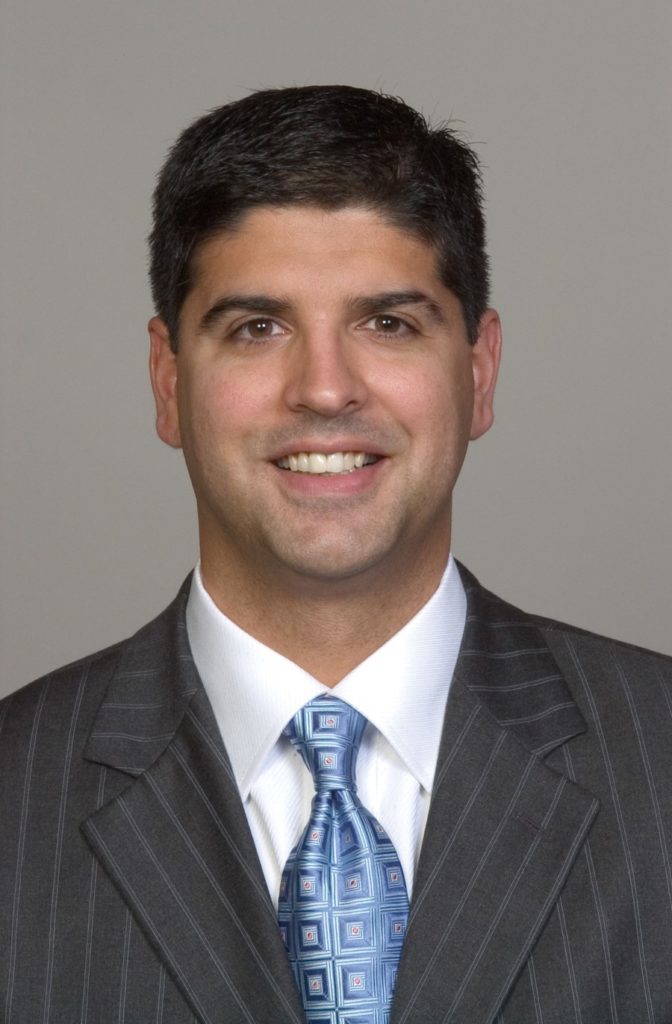
You wouldn’t send a soldier to the front lines with no helmet, no weapon, and no backup. So why are so many politicians, government regulators and even hospitals so willing to send nursing homes to the COVID-19 front lines with a shortage of proper equipment?
In working with our clients through COVID-19, these are some of the daily issues nursing homes are dealing with — issues that can cause severe liability for your facility, and of course, untimely deaths for your residents and staff.
If it hasn’t happened yet in the COVID-19 pandemic in your area, you may not know that state and local officials and hospitals are constantly barraging some of our nursing home clients to admit patients and new admissions when the nursing facility is ill-equipped to do so. Also, hospitals and regulators are asking our nursing home clients to admit patients without the benefit of a pre-admission COVID-19 test.
Lack of Proper Level of Care: Just as you would never admit anyone to your nursing home whom you aren’t equipped to care for, the same goes with the COVID-19 pandemic. Having makeshift quarantine halls or designated caregivers for suspected or positive COVID-19 residents in your nursing home is simply not enough, but regulators and hospitals don’t seem to understand that.
What if you run out of personal protective equipment (PPE) (which is happening now), or what if there is not enough hand sanitizer (which is happening now)? The problem is, you may be equipped today to care and quarantine a COVID-19 patient using your infectious disease and CDC protocols, but that does no good a week or two weeks from now (when you run out of equipment) if you don’t have the equipment to properly isolate and quarantine the disease in your facility.
And what is the consequence? We know our nursing home populations are particularly vulnerable to COVID-19. Just look at the vulnerable population in the Life Care facility in Washington as a stark reminder of what can happen when proper protocols aren’t followed, and even when they are! Hospitals and regulators are not understanding the dynamic of this disease in the nursing home environment.
Testing, and lack thereof: Furthermore, hospitals are taking residents from nursing homes and then sometimes demanding that nursing homes re-admit their residents from the hospital. Normally, that is standard operating procedure: to re-admit a resident who was sent to the hospital, but this pandemic is not even close to that normal “standard.” What if that re-admit caught COVID-19 at the hospital … shouldn’t the hospital at least test the patient before returning the person to the nursing home? Again, the consequences for nursing home infections of COVID-19 are dire.
Some hospitals offer to “screen” patients before readmission to the nursing home, checking for symptoms and using a questionnaire. But we all know that screening may not be enough as patients can have COVID-19 without initially showing symptoms. That can lead to admits in your home infecting your existing residents and staff. Nursing home operators need to make tough decisions on how best to protect the health, safety and welfare of the residents they serve.
Employees, and the lack of testing: If that weren’t enough, we have to also trust our employees to do the right thing. We know the rules on self-isolation, social distancing, etc. However, can you trust your employees to do the right thing outside of the workplace? Indeed, it is impossible to monitor employee activity outside the facility, but what happens if they went to grandma’s house last night, or a social gathering (whether purposefully or inadvertently), and they bring the disease to your facility the next morning?
Ideally, more testing and quicker testing for employees would help to properly treat and isolate COVID-19 in the facility, but no facility has access to these types of quick tests for employees, or even test kits to begin with. Facilities can only do the best they can and warn employees to stick to the social distancing and self-isolation rules as strictly as possible. Again, the consequences for employees not following those rules can be dangerous for a facility.
In these trying times, nursing homes have to minimize liability the best they can by refusing to admit residents they simply cannot care for. At some point, we know the hospitals will overflow, but is admission of sick COVID-19 patients to ill-equipped nursing homes the answer? Normally, nursing homes would be the answer to care for hospital overflow, but not if the facility lacks the proper equipment to do so. In the face of PPE shortages and test kit shortages, facilities are rolling the dice when it comes to taking in new admissions and caring for COVID-19 residents.
Regulators and the public need to understand that just because a facility is a “nursing home” does not necessarily mean it can always cure or treat or isolate COVID-19. If a hospital doesn’t have PPE, it similarly can’t treat the disease either. We need to focus on who has the PPE to deal with the disease, rather than dumping patients on nursing facilities that may be ill-equipped to do so.
Neville M. Bilimoria is a partner in the Chicago office of the Health Law Practice Group at Duane Morris LLP; [email protected].




